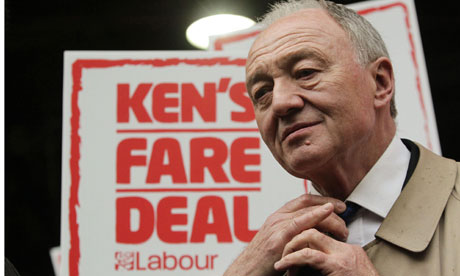Well here we are then, the results are in, celebrations are over and the post-mortems have told us all what these results mean. These results have equal heapings of good and bad for UKIP. On the one hand, the party vote share is up significantly, we outpolled the Tories in Sheffield, and we managed many second and third places across the country. On the other hand though, the London result was bad, an improvement on last time yes, but still much worse than eight years ago and we crucially failed to land an Assembly Member. We also failed to increase our councillor numbers despite the increased vote share. The party did well in Wales but only put up a paltry twenty or so candidates and up here in Scotland, the Party was wiped out.
So now we look forward. Next year we have the county elections; last time around UKIP did well in these, making a net gain of 7 from a standing start. We must look to make considerably more gains next year. It was good to hear Nigel on the BBC saying that the search for next years candidates starts now. We need to establish a mailing list of candidates, get those standing in the same authorities to meet up regularly so they can coordinate strategy and resources, and get them working together to build up local party membership and local activists. We need to make sure all candidates have direct contact with a local party official, and keep those candidates informed of what forms they have to fill out and when they are due. We should have as near to a full slate of candidates as possible selected before nominations are open.
On part membership, we still only have about a third the membership of the Lib-Dems, and Young Independence, while growing, is still tiny. The reality of this years set of elections is that fielding a full slate of candidates would have required somewhere between a quarter and a third of the party's membership to stand. We need more members and we need more youth. Progress on this is already being made, I understand we are close to opening a student society at Hull, and up in Scotland we have socieites at Aberdeen and St Andrews in the works.
Members should also look to attend Parish council meetings, talk to people in pubs, see what they are saying and try to bring those that agree with the UKIP message into the fold. If their is no branch in your constituency, consider founding one. One month ago I was the only known UKIP supported in my town, but through a bit of work in my spare time, I now have seven, with hopefully more to follow. UKIP does not have vast financial resources or a century of mainstream support to get these things done. Head office can only do such much, the members must be proactive if this party is to grow and establish a national grass roots presence.
Up in Scotland, as well as in Wales, we need real investment from the top of the party. Membership in Scotland is low and it is now the only part of Britain with no elected UKIP representatives. I know less about the situation in Wales, but given the poor number of candidates the party is clearly weak there too. It is evident to everyone that UKIP is on the verge of taking off; if we do so with our membership and voters almost entirely focused in England, we risk falling into the same trap the Tories are currently in, we risk becoming an 'English party'.
This set of elections where in many ways promising for UKIP, and we have much to celebrate. Yet the same time they gave clear indications of the work yet to be done. It has been said repeatedly ovr the past few days, but I'll say it once more, if we really want to grap headlines, if we really want to 'breakthrough' we need to translate increase votes into increased seats. Unless someone dies tomorrow and leaves the party 10million quid, we cannot rely on money to get us anywhere. UKIP remains a shoestring operation for a dream, and every member must play their part to keep that dream alive.




